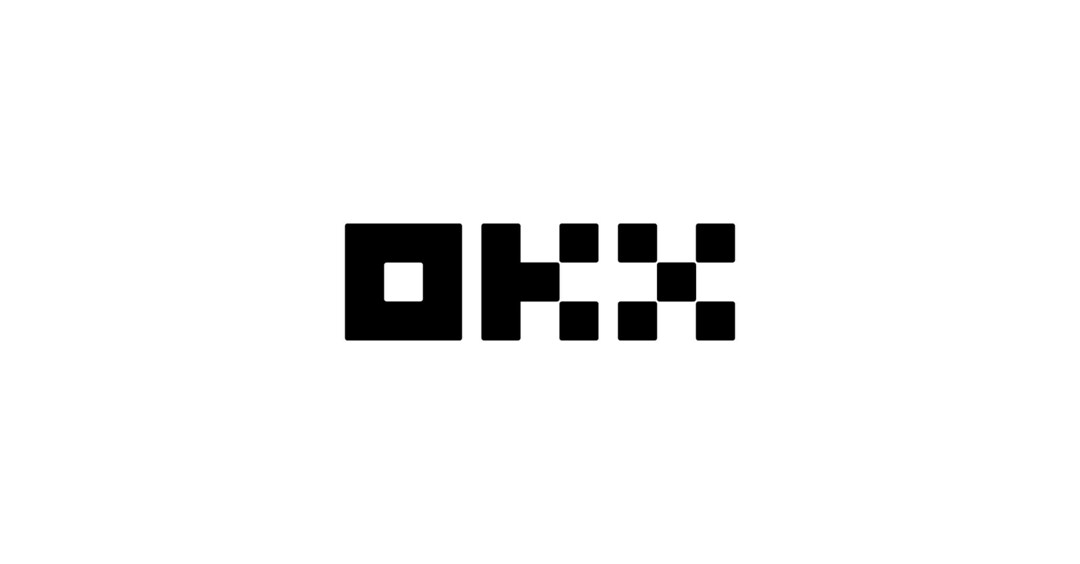Artificial intelligence and blockchain: the future of collaboration

Collaboration between distributed artificial intelligence and blockchain is now the future of banking and insurance.
More precisely, we know that distributed artificial intelligence (DAI or also called decentralized artificial intelligence) is a subfield of research into artificial intelligence. This subfield is devoted to development of distributed solutions to problems and is closely related to the field of multi-agent systems.
Blockchain, on the other hand, is the ultimate decentralized framework. More specifically, it deals with the intelligent management involved in reading and writing to replicated databases. In blockchain, information is validated mathematically through an algorithm and not through the trust placed in a central entity.
These two decentralized structures, DAI and blockchain, urgently need to work together. Otherwise, the loss of customers, even in the context of Industry 4.0, would be imminent.
The benefits of combining artificial intelligence and blockchain
The advantages of combining DAI and blockchain are many.
First, the possibility of creating one or more interconnected banking and insurance blockchain transactions increases, improve their security and transparency, as well as optimize data control.
In addition, from this alliance between financial companies, there will be interesting developments in the perspective of personalizing products and services for the end customer. For example, customer care managed by chatbots and guided by machine learning and algorithms. This will promote a more satisfactory and faster response to customer problems.
Moreover, given the imminent development of artificial intelligence, a channel such as blockchain will necessarily be necessary for its purposes. In fact, the blockchain environment is ideal for exchanging information and communicating securely.
This is due to its peer-to-peer network, which has a structure that works much like the human brain, given the presence of nodes and the way information and data are recorded.
The way the blockchain works is actually about exchanges between nodes in the system, which are valid for everyone in real time. The news: there is no central authority to manage them.
Moving on to financial institutions, we know that their task for the next few years will be to capture the new target group millennials. In other words, young people prefer the sharing economy to traditional financial services. The sharing economy is based on accessing and exchanging resources, rather than buying them.
Therefore, to win over the generation of millennials, a by no means small circle, it is necessary for finance to embrace collaboration between artificial intelligence and blockchain if it hopes to survive.
DAI and blockchain: the areas for improvement
As a result of the future interaction between artificial intelligence and blockchain, the sectors that will change and benefit will be many.
Among the first is the security sector. In fact, detecting suspicious transactions is one of the future challenges for banks. Some already use machine learning services that can identify fraud instantly.
Personalization, which is based on the recommendation system that underpins Facebook, Amazon and Spotify, where “friends” suggest what to do, is set to spread widely.
The increase in speed is also not unimportant. Transfer of information and data will give consumers better and faster interaction with financial institutions.
Using blockchain to allow stakeholders to collect loyalty card points and invest them in various marketplaces, with the peer-to-peer network tasked with automating checks and balances, is one of many possible mid-term scenarios.
As expected earlier, customer service will also have significant benefits. In fact, the use of chatbots, programs capable of simulating human conversations, will be the constant of the future.
Chatbots will work for all intents and purposes as experts who answer common questions from Internet users who log into the site. The same will apply to the development of algorithms that are able to respond to different customer needs.
Finally, lending, which, after analyzing the login information of all customers registered on the blockchain, will enable faster and more efficient release of funds.
The words of Orlovsky Maxim
Orlovsky Maximamong the most internationally recognized experts in neuroscience, wrote an interesting post on Medium not long ago about blockchain and artificial intelligence.
In the post, Maxim writes:
“From biological evolution to free economics, evolution is always about competition and adoption.
What has sped up the process of human progress a million times? Language, as a communication tool […] So here we have revealed our main secret: blockchain will do for multi-agent AI what written language has done for humans; it should provide the means for accelerated evolution.”
This means that blockchain will be to artificial intelligence what written language has been to the human brain and its constant evolution.
Concretely, it will mean that as blockchain provides a channel to facilitate the secure exchange of data and information, the impact of artificial intelligence will be roughly the same as the advent of writing.
Artificial intelligence in Industry 4.0
With the large-scale spread of the association between artificial intelligence and blockchain, there would be interesting changes for the industry 4.0 world as well, as it would change how things are produced.
Concretely, we are not only talking about software, algorithms, automation, robots and hardware, but more complex concepts, such as designing and producing goods on demand, dematerialization and disintermediation.
It is important to define what is new in Industry 4.0 in order to get a clear picture of the situation. Firstly, smart production, where the production system will revolve around the monitoring of physical business processes by IT systems and decision-making processes will eventually become decentralized.
Also production of goods from scratch. With Industry 4.0 comes other aspects related to the goods’ intellectual property rights, copyright and the right to sell in.
Blockchain will play a key role in this system, as it must secure and control the identity of people, ensuring their anonymity.

























